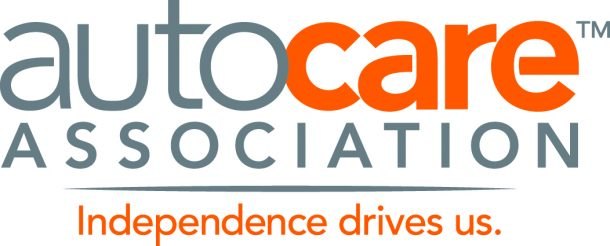Supreme Court Allows Auto Aftermarket to Access APIs
The Supreme Court ruled on April 5th in the Google v. Oracle case, a copyright dispute over software. Their decision was that application program interfaces (API) are fair use in building compatible components.
A Federal Circuit Court originally decided Google v. Oracle. A software copyright had been violated. Google copied Oracle’s API code for programs to operate on its platform. The Auto Care Association filed a brief on Jan. 13, 2020. In the brief, it noted that if the decision stood, it would limit the ability to produce replacement parts for software-driven vehicles.
Auto parts manufacturers need to know that their products work. The Supreme Court’s interpretation doesn’t interfere with the right to repair your own vehicles. The Circuit opinion would have allowed OEMs to eliminate competition for parts and services. The brief urged the Supreme Court not to permit copyright protection in this case. The API code that specifies the data and functions necessary to operate the vehicle must be made available to parts and service suppliers.
“It is clear from the decision that the Court understood the implications of permitting companies to copyright APIs. It would prevent development of replacement parts and to perform vehicle repairs,” said Aaron Lowe, SVP of regulatory and government affairs, Auto Care Association. “We appreciate the Court’s understanding of the impact on competition.”
We dodged a bullet as consumers with this decision. For quite a while, it was in doubt whether manufacturers could withhold information needed to create parts and perform repairs. Thankfully, the Supreme Court reached a decision that protects our rights to repair our vehicles, along with other products with APIs. From your desktop computer to the lawnmower, there’s no reason for manufacturers to withhold this information. Repairs outside of their own channels will continue without restriction. But what about the next time a manufacturer wants to restrict our access?
[Images: Jeep, Auto Care Association]
With a father who owned a dealership, I literally grew up in the business. After college, I worked for GM, Nissan and Mazda, writing articles for automotive enthusiast magazines as a side gig. I discovered you could make a living selling ad space at Four Wheeler magazine, before I moved on to selling TV for the National Hot Rod Association. After that, I started Roadhouse, a marketing, advertising and PR firm dedicated to the automotive, outdoor/apparel, and entertainment industries. Through the years, I continued writing, shooting, and editing. It keep things interesting.
More by Jason R. Sakurai
Latest Car Reviews
Read moreLatest Product Reviews
Read moreRecent Comments
- Theflyersfan Nissan could have the best auto lineup of any carmaker (they don't), but until they improve one major issue, the best cars out there won't matter. That is the dealership experience. Year after year in multiple customer service surveys from groups like JD Power and CR, Nissan frequency scrapes the bottom. Personally, I really like the never seen new Z, but after having several truly awful Nissan dealer experiences, my shadow will never darken a Nissan showroom. I'm painting with broad strokes here, but maybe it is so ingrained in their culture to try to take advantage of people who might not be savvy enough in the buying experience that they by default treat everyone like idiots and saps. All of this has to be frustrating to Nissan HQ as they are improving their lineup but their dealers drag them down.
- SPPPP I am actually a pretty big Alfa fan ... and that is why I hate this car.
- SCE to AUX They're spending billions on this venture, so I hope so.Investing during a lull in the EV market seems like a smart move - "buy low, sell high" and all that.Key for Honda will be achieving high efficiency in its EVs, something not everybody can do.
- ChristianWimmer It might be overpriced for most, but probably not for the affluent city-dwellers who these are targeted at - we have tons of them in Munich where I live so I “get it”. I just think these look so terribly cheap and weird from a design POV.
- NotMyCircusNotMyMonkeys so many people here fellating musks fat sack, or hodling the baggies for TSLA. which are you?



































Comments
Join the conversation
And here’s why this matters: Oracle wanted to prevent third-party code from being able to make use of Google services without having to be rewritten to do so. In terms or copyright law, a copyright can not apply to idea, but only to a very specific *expression* of that idea. This decision firmly places APIs outside of copyright protection. Given that simply creating a new API is an expression of prior art, it cannot be patented.
Good explanation of API. My concern would be if a consumer has either no choice or limited choice of where they can get their vehicle repaired. Without a competitive repair market a manufacturer can charge whatever they like. John Deere is an example of a manufacturer that is doing this.